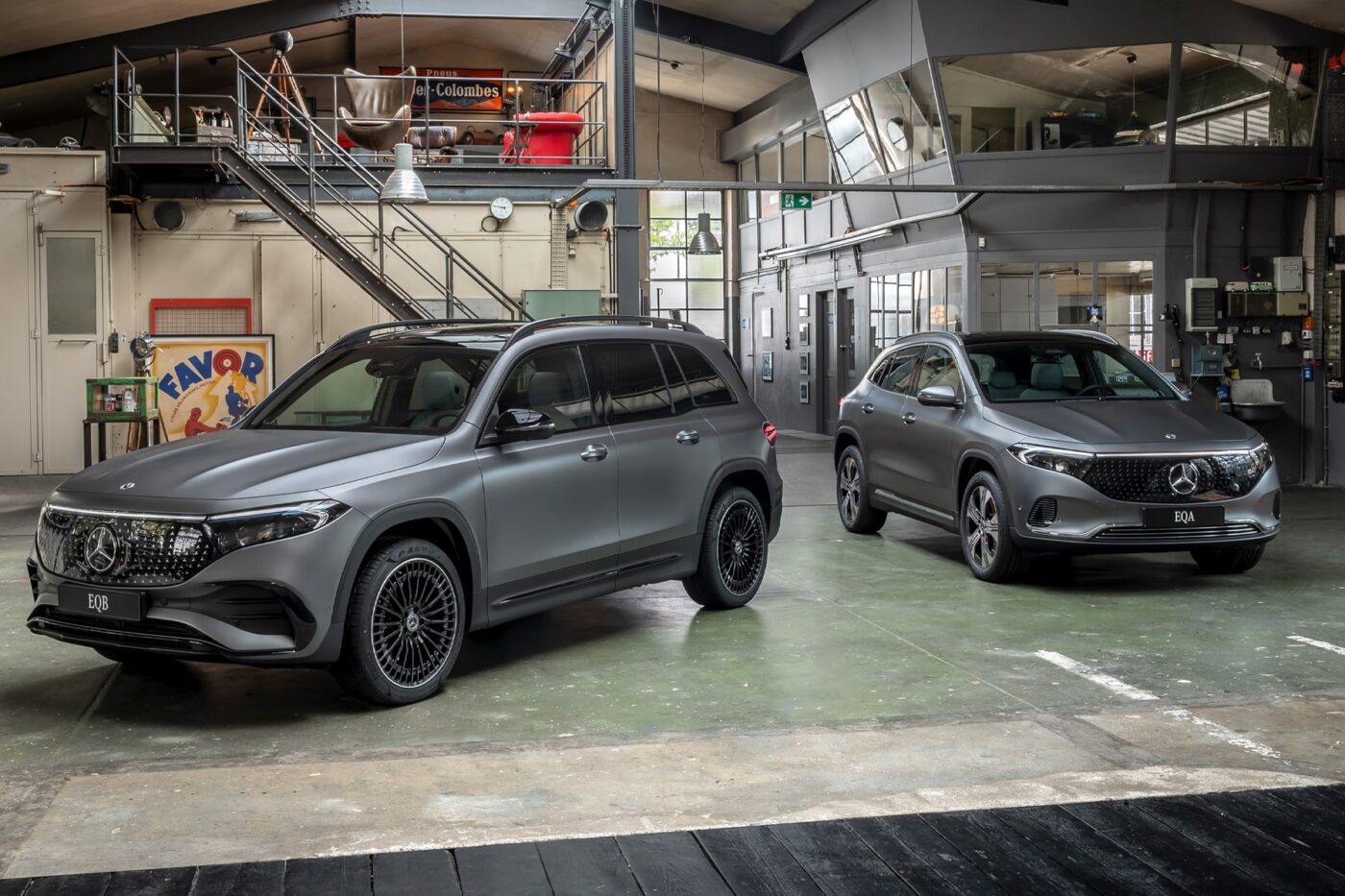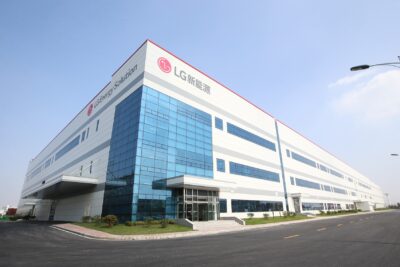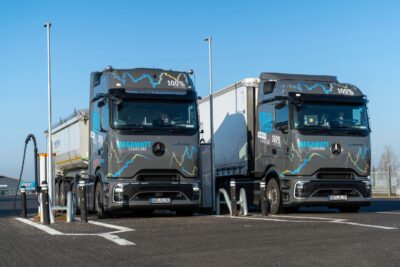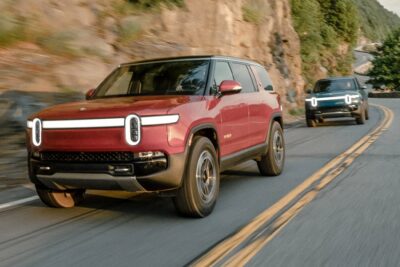EU looks into Germany’s proposal of Europe-wide EV incentives
According to Bloomberg, Scholz said he was “delighted that the president of the commission has now taken up my proposal for harmonised Europe-wide purchase premiums for e-cars.” Teresa Ribera, Vice-President of the European Commission, confirmed the plans to the Financial Times at the World Economic Forum in Davos. “It makes sense to see how we could figure out in a pan-European perspective, how to facilitate the measures instead of going through national subsidies,” Ribera said. She warned against a “race where we could be confronting one national model versus another one.”
However, the fact that the EU is now examining harmonised incentives for electric cars does not automatically mean that they will be introduced – and it is not clear how exactly they will be structured. There are quite different ideas, such as an unlimited purchase premium or incentives staggered based on social criteria. The German Chancellor recently spoke out in favour of temporary tax cuts, but only for the purchase of electric cars manufactured in Germany. Whether this restriction, in particular, is tenable under European law is unclear. On the campaign trail, the German CSU party had proposed a purchase premium of 3,600 euros.
During his speech in Davos, Scholz said that there was no doubt that electric mobility was the future. Anyone who suggests otherwise is damaging our industry,” Scholz continued. He received fundamental support from EU Commission President Ursula von der Leyen. “The next few years will be vital to stay in the race of clean and disruptive technologies,” she said in a speech at Davos. “Europe has everything it needs to make this happen.”
Even though conservative forces, in particular, have recently tried to lift the ban on registrations of new cars with fossil-fuelled combustion engines by 2035, passed under von der Leyen, the Commission President has stuck to her guns. It would provide an enormous boost for electric mobility, as it is currently unlikely that other technologies will reach the necessary market maturity and spread by 2035.
European purchase incentives are primarily seen as a measure to boost global competitiveness – in the case of electric mobility against China, but also the US, which is once again pursuing a protectionist course under Donald Trump. However, despite the political will, a (quick) solution is anything but easy. Ribera conceded that a “complicated balance” had to be found between rapid electrification and “a mismatch with the capacity of the European brands to provide in terms of quantity and quality what we would like to see moving on our roads.” Thus, Brussels must design a system compatible with WTO rules, and that would avoid subsidies for Chinese car manufacturers.
bloomberg.com (Scholz; von der Leyen), ft.com (Ribera)





0 Comments